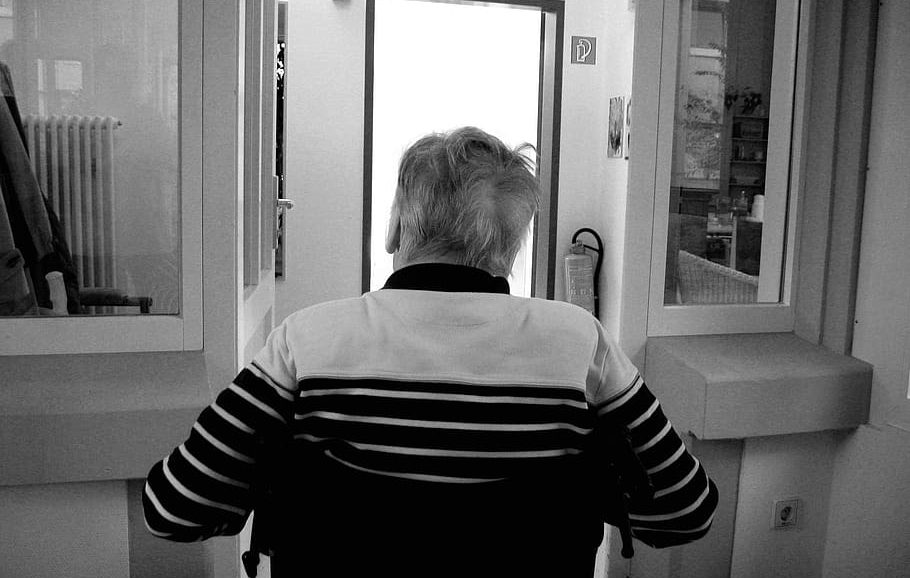How Can Home Automation Benefit Dependent Individuals
Home automation, also known as smart home technology, uses devices and systems that allow you to control various aspects of your home remotely. This technology has been around for a while and is becoming increasingly popular among homeowners. However, many people don’t know that home automation can be a game-changer for dependent persons, providing them greater independence and control over their environment.
Dependent persons require assistance with daily living activities due to physical or mental impairments. This could include seniors, people with disabilities, or those recovering from an injury or illness. Home automation can make a significant difference in the quality of life for these individuals. Here’s how:
1. Accessibility
One of the most significant benefits of home automation is that it makes the home more accessible for dependent persons. With smart home technology, individuals can control various aspects of their home, such as lighting, temperature, and security, with just a few taps on their smartphone or tablet. This means they no longer have to struggle to reach light switches or thermostats, which can be challenging for those with mobility issues.
2. Safety
Home automation can also be a lifesaver when it comes to safety. For example, smart locks can be programmed to unlock when a dependent person approaches the door, eliminating the need for keys. This is particularly helpful for those with memory issues who may forget their keys or struggle to find them. Additionally, smart home security systems can alert caregivers or family members if there’s an emergency or the dependent has wandered away from home.
3. Comfort
Dependent persons often require specific environmental conditions to remain comfortable and healthy. For example, seniors may need warmer temperatures to prevent joint pain, while those with respiratory issues may require air purifiers to remove allergens from the air. With smart home technology, these conditions can be easily monitored and adjusted as needed, ensuring that dependent persons remain comfortable and healthy.
4. Independence
Perhaps the most significant benefit of home automation for dependent persons is the sense of independence it provides. With smart home technology, individuals can control various aspects of their homes without relying on others for assistance. This can empower those who may feel like they’ve lost control over their lives due to their condition.
5. Peace of Mind

Finally, home automation can provide caregivers and family members peace of mind. With smart home technology, they can remotely monitor their loved one’s environment and receive alerts if there’s an emergency or if something seems amiss. This can be particularly helpful for those who live far away from their loved ones or cannot always be with them.
6. Cost Savings
Home automation can also lead to cost savings for dependent persons and their families. For example, smart thermostats can help reduce energy costs by automatically adjusting the temperature when no one is home. Similarly, smart lighting can be programmed to turn off when not in use, reducing electricity bills.
In addition to these benefits, home automation can also help prevent accidents and injuries, save time and energy, and provide more options for customization.
However, as with any technology, home automation has potential drawbacks. For example, some systems may be challenging to set up or use, and there is always a risk of technical issues or malfunctions. Home automation devices and systems costs can also be prohibitive for some individuals.
In conclusion, home automation is a game-changer for dependent persons, providing them accessibility, safety, comfort, independence, and peace of mind. If you’re a caregiver or family member of a dependent person, consider investing in smart home technology to improve their quality of life.

